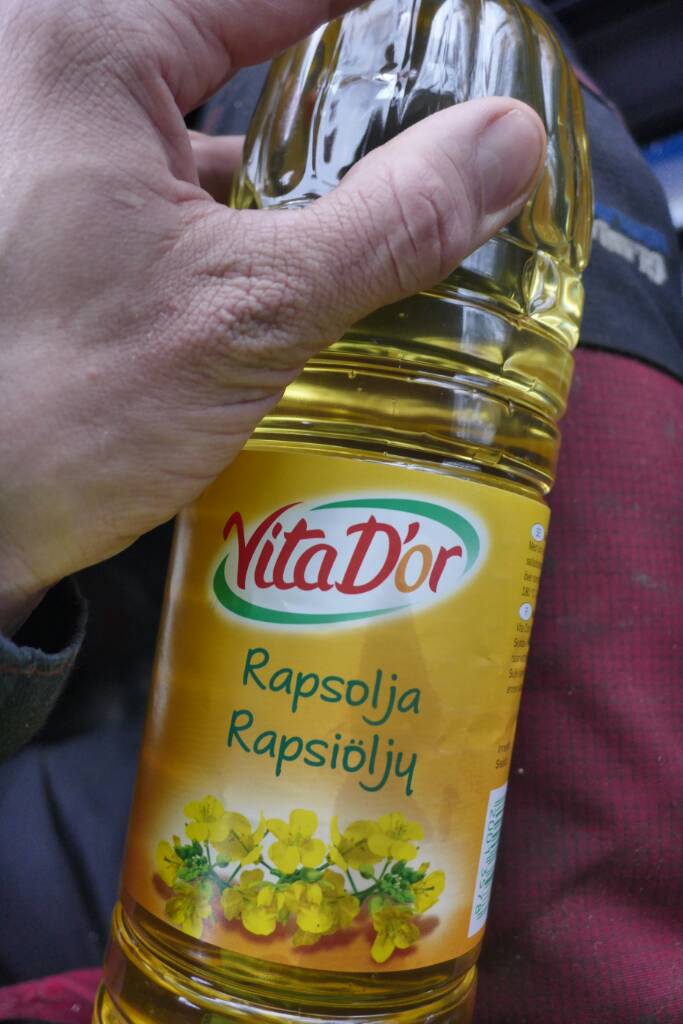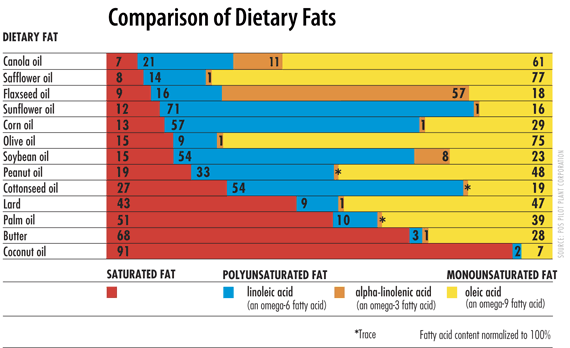Finnlogger
ArboristSite Lurker
My limited experience for about six months, using plain rapeseed oil: no problems whatsoever! It costs 1,39€ /liter, being cheaper than any "real" chain oil. I use bars 13-20" long and they oil well, haven't experienced any gumming or drying. I have thought of doing some experiments on this subject, exposing different oils to air...

Sent from my DMC-CM1 using Tapatalk

Sent from my DMC-CM1 using Tapatalk










